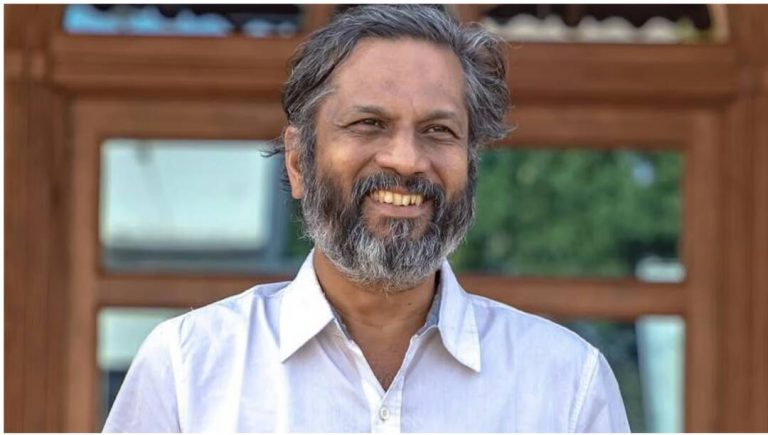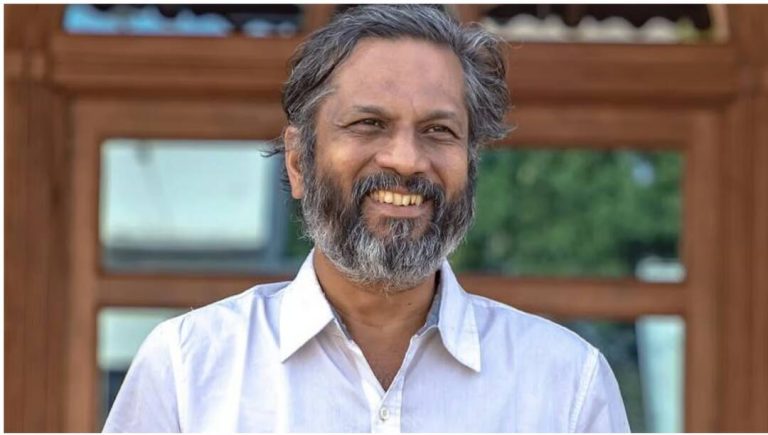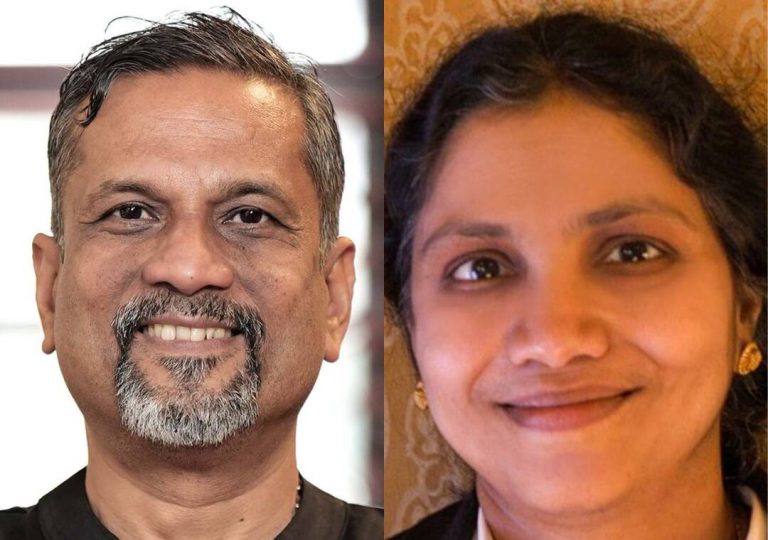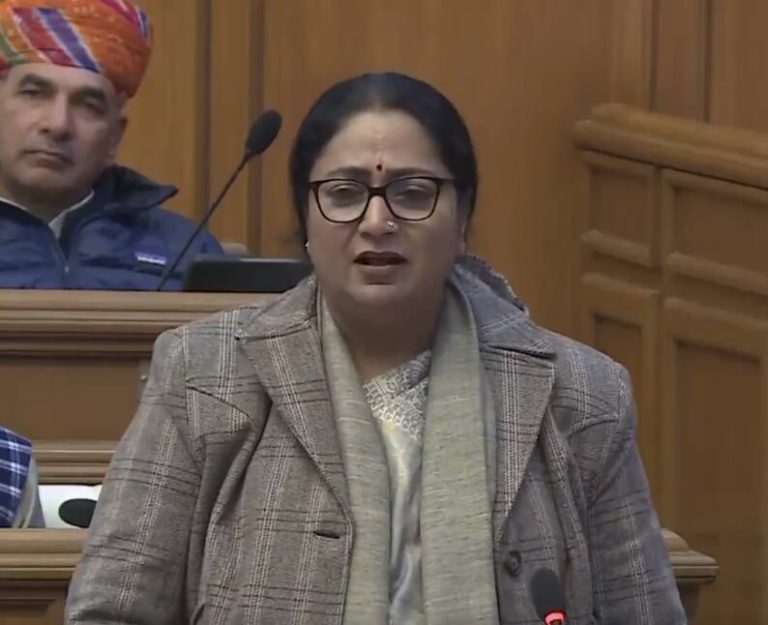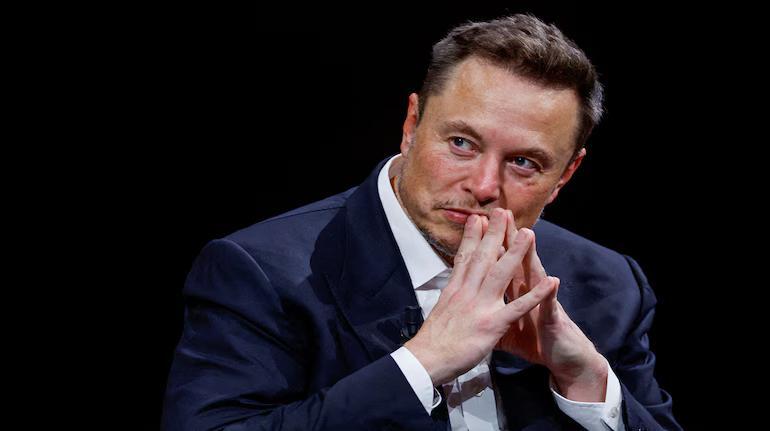
Poverty an engineering issue, AI & humanoid robots will end it: Musk
The world has been grappling with the issue of poverty for centuries, and despite the best efforts of governments, NGOs, and individuals, it remains a persistent problem. However, according to billionaire and xAI CEO Elon Musk, the solution to poverty lies not in traditional social or economic measures, but in technology. Specifically, Musk believes that artificial intelligence (AI) and humanoid robots hold the key to eliminating poverty and making everyone wealthy.
Speaking at the US-Saudi Investment Forum, Musk opined that poverty is an engineering issue, rather than a social or economic one. He argued that as AI and robotics advance, they will be able to perform tasks more efficiently and effectively than humans, freeing people from mundane and laborious work. This, in turn, will enable people to pursue more creative and fulfilling activities, leading to a significant increase in productivity and wealth.
Musk’s vision is one where AI and humanoid robots take over the drudgery of everyday tasks, such as manufacturing, agriculture, and transportation, allowing humans to focus on more high-value activities like science, art, and innovation. He believes that this will lead to an explosion of wealth and prosperity, as people are able to create value and innovate without being bogged down by manual labor.
One of the most significant advantages of AI and robotics, according to Musk, is their ability to scale. While human labor is limited by the number of hours in a day and the number of people available to work, AI and robots can operate 24/7 without fatigue or break. This means that they can produce goods and services at a much faster rate than humans, leading to a significant increase in productivity and efficiency.
Moreover, AI and robotics can also help to reduce waste and improve resource allocation. By optimizing production processes and supply chains, AI can help to minimize waste and reduce the environmental impact of human activity. This, in turn, can help to create a more sustainable and equitable economy, where resources are allocated more efficiently and effectively.
Musk also believes that the advent of AI and robotics will eventually make money obsolete. As machines take over the production of goods and services, the traditional concept of work and employment will become less relevant. People will no longer need to work to survive, and the notion of a universal basic income will become a reality. In this scenario, everyone will have access to the resources they need to live a comfortable and fulfilling life, regardless of their employment status.
While Musk’s vision may seem like science fiction, it is based on a deep understanding of the potential of AI and robotics to transform our world. Already, we are seeing the impact of automation and AI on industries such as manufacturing, transportation, and healthcare. As these technologies continue to advance, it is likely that we will see significant changes in the way we live and work.
However, there are also challenges and risks associated with the widespread adoption of AI and robotics. One of the most significant concerns is the potential for job displacement, as machines take over tasks currently performed by humans. This could lead to significant social and economic disruption, particularly in industries where workers are not easily retrainable.
Another concern is the potential for AI and robotics to exacerbate existing social and economic inequalities. If the benefits of these technologies are not shared equitably, they could widen the gap between the rich and the poor, leading to increased social unrest and instability.
Despite these challenges, Musk remains optimistic about the potential of AI and robotics to create a better world. He believes that by working together to develop and deploy these technologies, we can create a future where everyone has access to the resources they need to thrive. This will require significant investment in education and retraining, as well as a commitment to ensuring that the benefits of AI and robotics are shared equitably.
In conclusion, Elon Musk’s vision of a future where AI and humanoid robots eliminate poverty and make everyone wealthy is a compelling one. While there are challenges and risks associated with the widespread adoption of these technologies, the potential benefits are significant. By harnessing the power of AI and robotics, we can create a more efficient, sustainable, and equitable economy, where everyone has access to the resources they need to live a comfortable and fulfilling life.
As we move forward into this new era of technological advancement, it is essential that we prioritize the development of AI and robotics, while also addressing the social and economic challenges associated with their adoption. By working together to create a future where AI and robotics benefit all of humanity, we can build a world that is more prosperous, equitable, and just for everyone.
